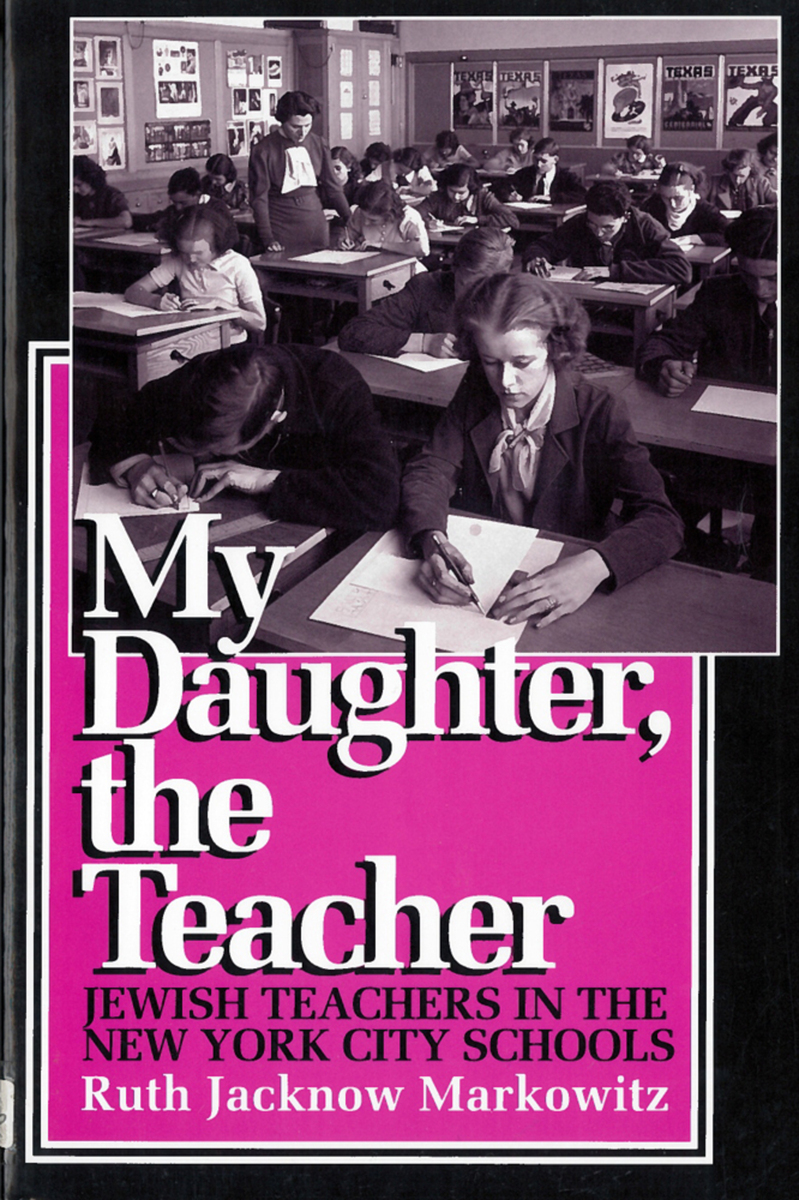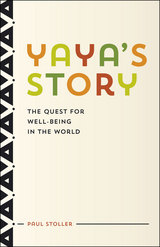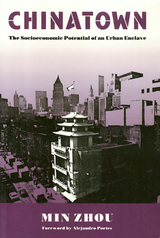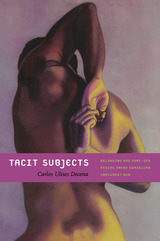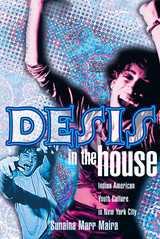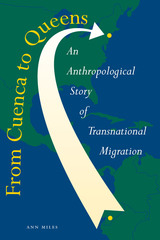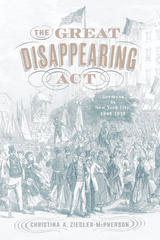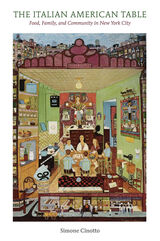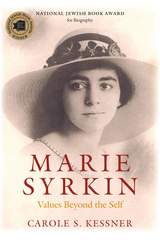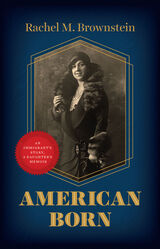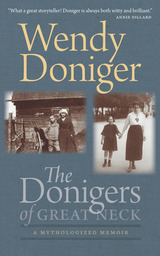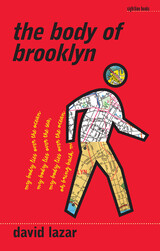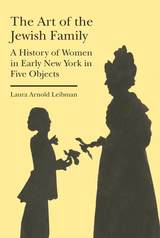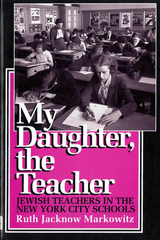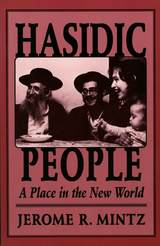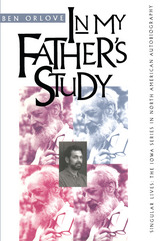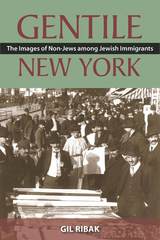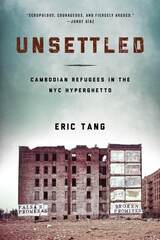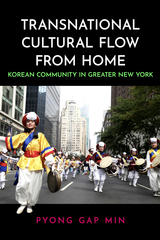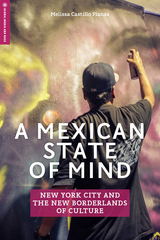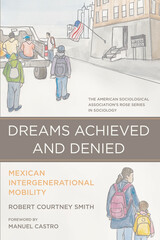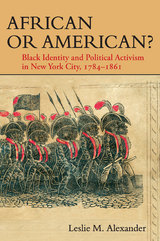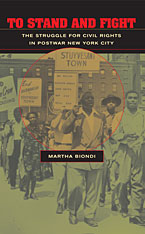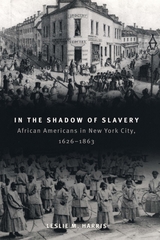My Daughter, the Teacher: Jewish Teachers in the New York City Schools
Rutgers University Press, 1993
Cloth: 978-0-8135-1974-6 | Paper: 978-0-8135-1975-3 | eISBN: 978-0-8135-6745-7 (PDF)
Library of Congress Classification F128.9.J5M28 1993
Dewey Decimal Classification 974.71004924
Cloth: 978-0-8135-1974-6 | Paper: 978-0-8135-1975-3 | eISBN: 978-0-8135-6745-7 (PDF)
Library of Congress Classification F128.9.J5M28 1993
Dewey Decimal Classification 974.71004924
ABOUT THIS BOOK | AUTHOR BIOGRAPHY
ABOUT THIS BOOK
'My son, the doctor' and 'my daughter, the teacher' were among the most cherished phrases of Jewish immigrant parents," writes Ruth Markowitz in recounting this story of Jewish women who taught school in New York. Teaching was an attractive profession to the daughters of immigrants. It provided status, security, was compatible with marriage, and licenses did not require expensive training. In the interwar years, Jewish women in New York entered teaching in large and unprecedented numbers. In fact, by 1960 the majority of all New York teachers were Jewish women. By interviewing sixty-one retired teachers, Ruth Markowitz re-created their lives and the far-reaching influence they had on public education.These women faced many barriers--from lack of parental and financial support to discrimination--as they pursued their educations. Those women who completed their training still had difficulty finding teaching positions, especially during the Depression. Once hired, the teachers' days were filled with overcrowded classes, improperly maintained facilities, enormous amounts of paperwork, few free periods, and countless extracurricular obligations. They also found themselves providing social services; Markowitz finds a large number of teachers who took a special interest in minority children.The teachers Markowitz interviewed often agree with the assessment others have made that the 1930s were in their own way a golden age in the schools. The retired teachers remember the difficult times, but also their love of teaching and the difference they made in the classrooms. Their energy, initiative, and drive will help inspire teachers today, who face the serious problems of drugs, teenage pregnancy, and violence in their classrooms.
See other books on: Jewish women | New York (N.Y.) | Public schools | Teacher | Women teachers
See other titles from Rutgers University Press
